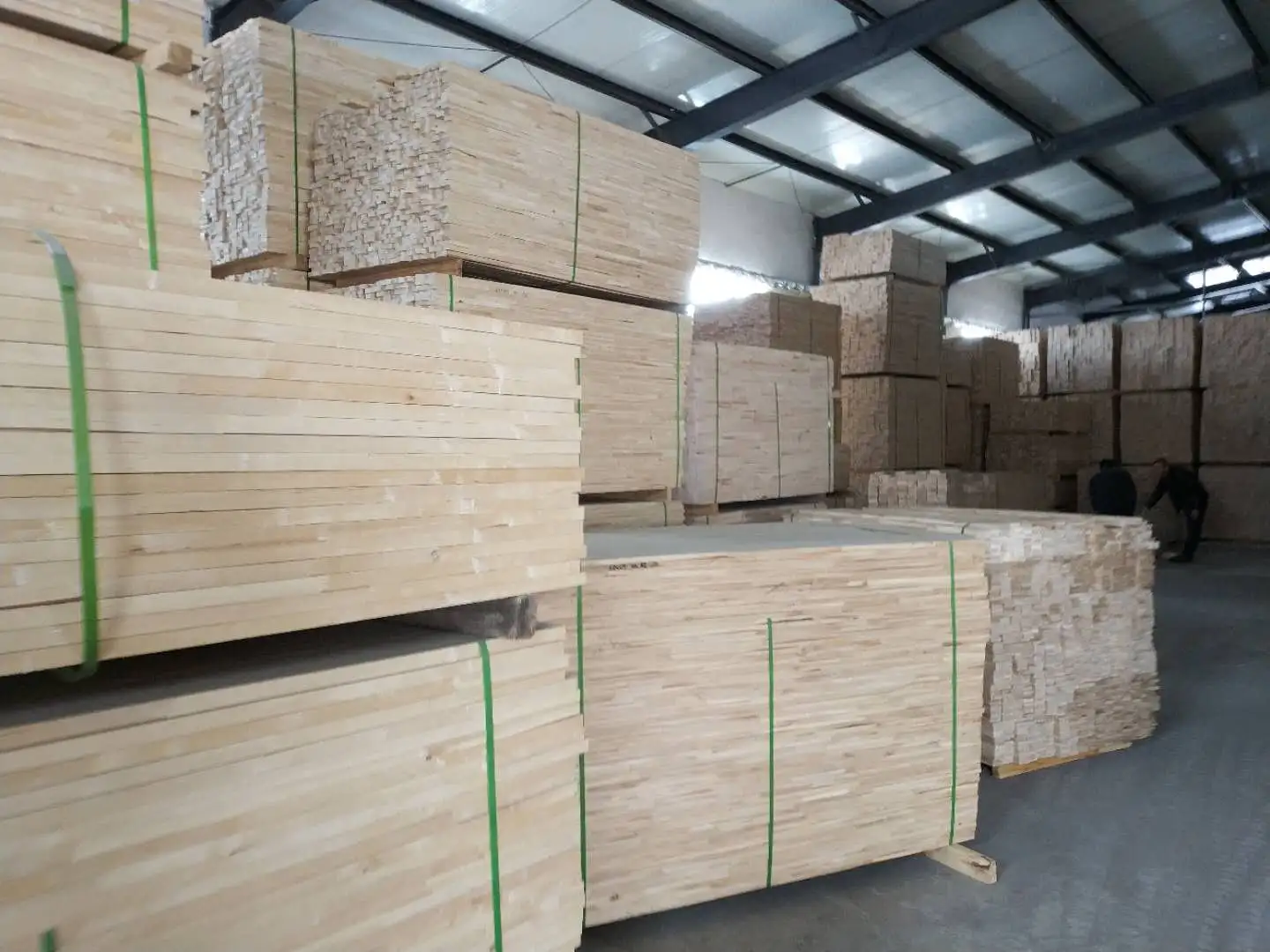How to Evaluate and Choose the Right Sports Wood Flooring Supplier? A Key Guide for Smart Selection
When it comes to selecting a sports wood flooring supplier, making an informed decision is crucial. Whether you're outfitting a gym, fitness center, school, or professional sports facility, the quality of the flooring directly impacts athlete safety, performance, and durability. Below are key steps to evaluate and choose a reputable, quality-driven sports wood flooring supplier to ensure a wise investment.

1. Check the Supplier’s Credentials and Experience
First and foremost, it’s vital to choose a supplier with a strong reputation and extensive experience. Look into the supplier’s history and check whether they hold relevant certifications, such as ISO 9001 or certifications from reputable sports organizations like FIFA or NBA. These certifications are a good indication of their production and management standards.
Additionally, reviewing the supplier’s portfolio and client list can help you gauge their reputation in the industry. If the supplier has worked with notable sports organizations or schools, it’s often a sign of their reliability and expertise.
2. Product Quality and Technical Standards
Sports wood flooring needs more than just aesthetic appeal—it should have specific technical features like durability, impact resistance, and shock absorption to ensure athlete safety and performance. Understanding the type of wood used (such as maple or oak) is essential, as the quality of the wood directly affects the floor's comfort and longevity.
Make sure the supplier’s products meet local or national standards for sports flooring. For example, basketball court flooring in the U.S. should meet NBA, NCAA, or FIBA standards. Confirming that the supplier’s products align with these requirements is critical.
3. After-Sales Service and Support
A top-tier supplier doesn’t just deliver high-quality products; they also offer robust after-sales services. Opting for a supplier with excellent customer support ensures you’ll receive timely assistance during installation, maintenance, or when issues arise. Ask about installation services, repair guarantees, and how they handle after-sales support.
Also, ensure the supplier provides a solid warranty policy so you’re protected in case of product defects or issues during use.
4. Price and Value for Money
While price shouldn’t be the sole deciding factor, it is important to consider. Avoid opting for the cheapest supplier, as lower prices often correlate with lower quality. Instead, look for a balance between cost and quality.
Get quotes from multiple suppliers and compare not only the prices but also the quality of products, technical standards, and after-sales support. Make sure the price reflects the long-term value and meets the needs of your project.
5. Reputation and Customer Feedback
Customer feedback is a powerful indicator of a supplier’s quality. Check online reviews and testimonials to see how previous clients have rated their products and services. Positive reviews often indicate reliable quality and customer satisfaction.
If possible, request references from the supplier and directly contact previous clients to get insights into their experience.
6. Project Management and Delivery Capabilities
Lastly, consider the supplier’s project management capabilities. A reliable supplier should be able to deliver on time and handle any unexpected issues during the process. Timely delivery and smooth project management are critical, especially for large-scale projects.
Choosing the right sports wood flooring supplier is about more than just buying a floor; it’s about ensuring you create a safe and comfortable environment for athletes. By assessing the supplier’s credentials, product quality, after-sales service, pricing, reputation, and delivery capabilities, you can make a well-informed decision that will support your project for years to come.